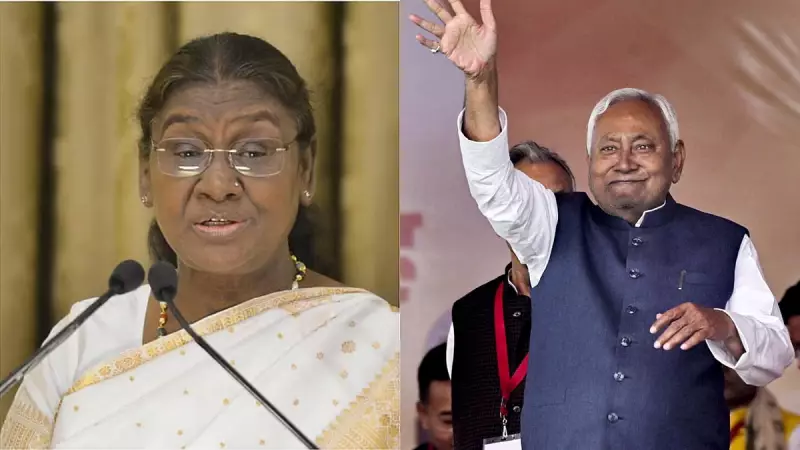
In a significant constitutional development, the Supreme Court of India has clarified that Governors and the President cannot be bound by fixed timelines when giving assent to bills passed by state legislatures. This ruling comes amid ongoing political transitions, including the swearing-in of Nitish Kumar as Chief Minister of Bihar.
Supreme Court's Landmark Ruling on Bill Assent
The Supreme Court delivered a crucial verdict regarding the constitutional powers of Governors and the President concerning legislative bills. The court explicitly stated that no fixed timelines can be imposed on these constitutional authorities for providing assent to bills passed by legislative houses.
This judgment addresses longstanding debates about the pace at which Governors and the President should act on legislation sent for their approval. The court emphasized that while constitutional authorities should act reasonably, setting specific deadlines would interfere with their discretionary powers under the Constitution.
Political Transition in Bihar
Meanwhile, in Bihar, Nitish Kumar was sworn in as Chief Minister in a ceremony that marked another chapter in the state's political landscape. The oath-taking event, held on November 20, 2025, saw several ministers also taking their oaths of office.
The political development in Bihar represents a significant realignment in state politics, with Kumar returning to the chief minister's position amid shifting political alliances. The swearing-in ceremony was attended by prominent political figures and marked the formation of a new government in the state.
Constitutional Implications and Political Context
The Supreme Court's ruling on bill assent timelines carries substantial constitutional importance. The judgment reinforces the discretionary powers of Governors and the President while acknowledging the need for timely decision-making on legislative matters.
Legal experts suggest this ruling will have far-reaching implications for center-state relations and the legislative process across India. The decision comes at a time when several states have expressed concerns about delays in gubernatorial assent for important bills.
Concurrently, the political developments in Bihar highlight the dynamic nature of Indian state politics, with leadership changes reflecting evolving political equations and alliance structures. The simultaneous occurrence of these two significant events underscores the interconnected nature of constitutional governance and political administration in India's federal structure.





